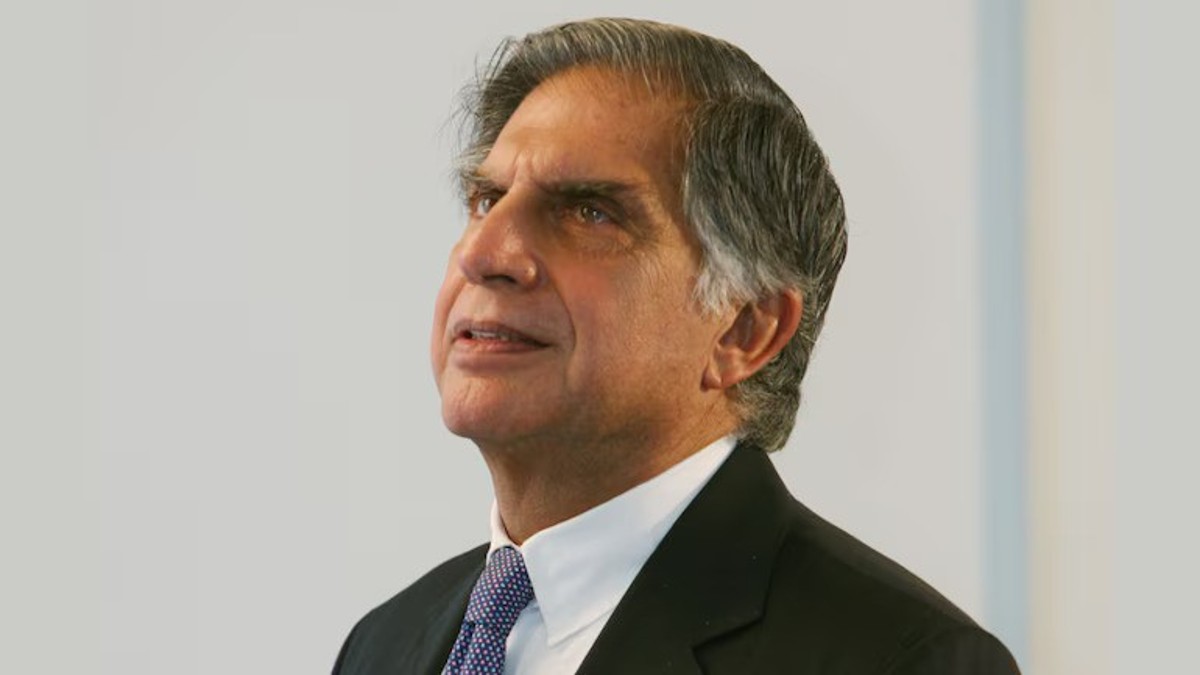Not marble nor the gilded monuments
Of princes shall outlive this powerful rhyme,
But you shall shine more bright in these contents
Than unswept stone besmeared with sluttish time.
In Sonnet 55, through these lines, William Shakespeare promises that his poetry shall outlive statues or golden monuments built by royal men and that, in his words, the legacy of yours or ‘you’ will be better preserved compared to any perishable colossus that could have succumbed to the neglect of time.
On Wednesday’s night, the Chairman Emeritus of Tata Group, Ratan Tata, breathed his last. At 86, he embarked on his eternal journey. His emphasis on ethics in business, principled approach, advocacy for corporate governance and transparency, distinguished him as an ‘Industrialist’ and not just a ‘Businessman’. His contributions to industry and society earned him both the Padma Bhushan (2000) and Padma Vibhushan (2008), the third and second highest civilian awards of India, respectively.
Undoubtedly, Ratan had his considerable contribution in transforming Tatas as a reckoning global conglomerate. His chairmanship from 1991 to 2012 saw the expansion of the group, acquiring global companies like Jaguar Land Rover and Corus Steel. And the humble ideas like the launch of Nano cars to fulfill the dream of Indian masses owning a four-wheeler (though the people could not get over the stigma of owning a ‘cheap car’ and the gamble proved costly). But beyond these ivories, his ideas, vision, and personal values gained him widespread respect in India’s society and economy, amid a spectrum of diversities in political and social opinions.
“The greatest pleasure I’ve had is trying to do something that everybody says could not be done,” once said India’s most loved industrialist as he narrated how he decided India could produce its own car when everybody, even his own friends overseas, believed that this could not be done and they should, through collaboration, get the technical know-how. But still Tata went with his vision to produce a car that perhaps every Indian knows—Indica—made totally of Indian content. The car came out, and defying gloomy predictions, it earned a remarkable market share—to put it most humbly.
Impact Shorts
More ShortsThis journey of miles Ratan undertook with patience and consistency is perhaps one of the reasons Tatas’ growth appears so organic (though his predecessors also do deserve credit for it). As he aptly said, “Slow success builds character, fast success builds ego,” his dressing, appearance, words, and practices confirmed firmness of his values and content of his character—something politicians, businessmen, workers, consumers, and ordinary citizens profoundly agree across divides.
Perhaps there might have been another conglomerate like Tatas sans Ratan; many empires have emerged, ruled, crumbled, decayed, and been forgotten; the mighty palace of Mauryas, which the Magasthenese so appreciated, might have landed up in archaeological archives. But yet, it was this character of Ratan Tata that might ‘shine more bright than unswept stone besmeared with sluttish time‘.
Quoting the end of Shakespeare’s Julius Caesar, columnist Suhel Seth once described Ratan Tata, with the same lines Mark Antony said in his eulogy for Brutus acknowledging his dedication towards Rome, “Nature might stand up and say this was a man,” and the author concurs that there cannot be any better befitting line for the departed soul.
Views expressed in the above piece are personal and solely those of the author. They do not necessarily reflect Firstpost’s views.


)

)
)
)
)
)
)
)
)



